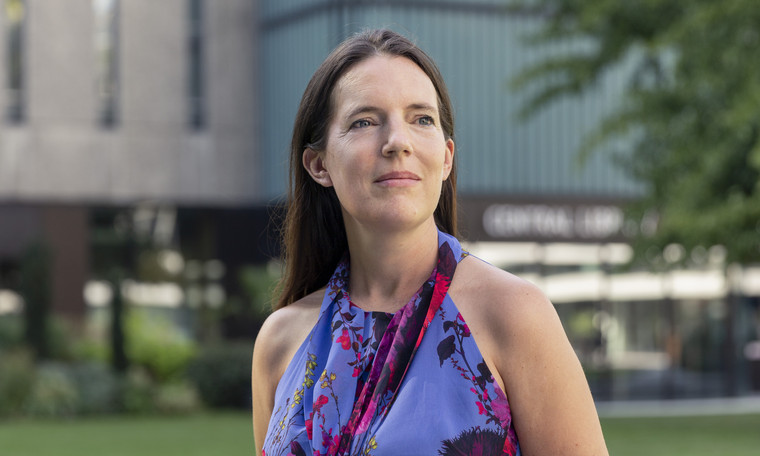
Landsteiner Lecture 2024
Molly Stevens
Professor, University of Oxford and Kavli Institute for Nanoscience Discovery
Designing new materials to heal the body and detect diseases earlier
Monday, 13 May 2024, 6:00 pm
Festive Hall, Austrian Academy of Sciences
Dr.-Ignaz-Seipel-Platz 2, 1010 Vienna
Host: Giulio Superti-Furga
Please register for the event by 3 May 2024.
Molly Stevens is John Black Professor of Bionanoscience at the University of Oxford and also holds part-time professorships at Imperial College London and the Karolinska Institute.
She graduated with a First-Class Honours BPharm degree from Bath University in 1995 and a PhD from the University of…
Read more